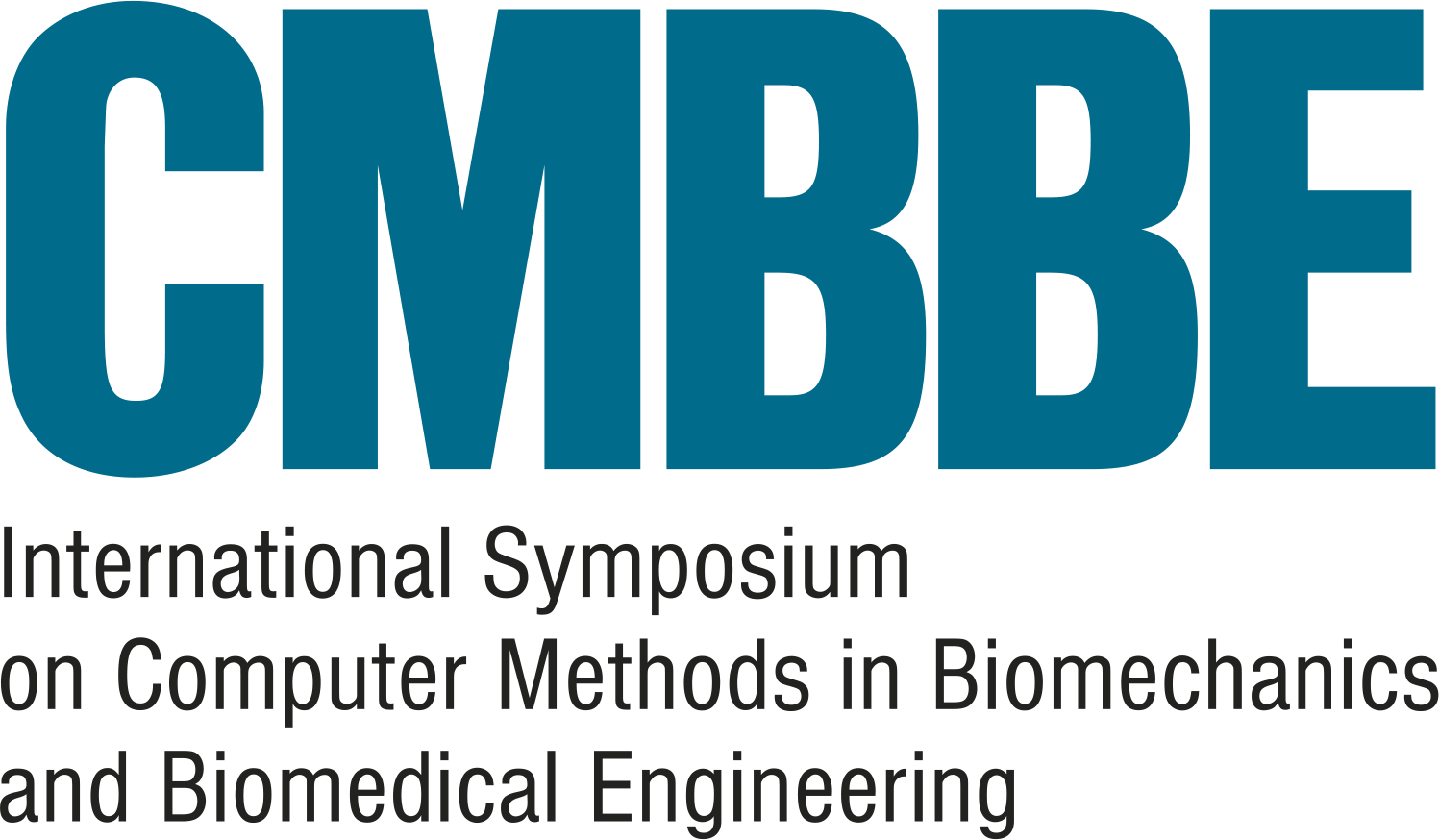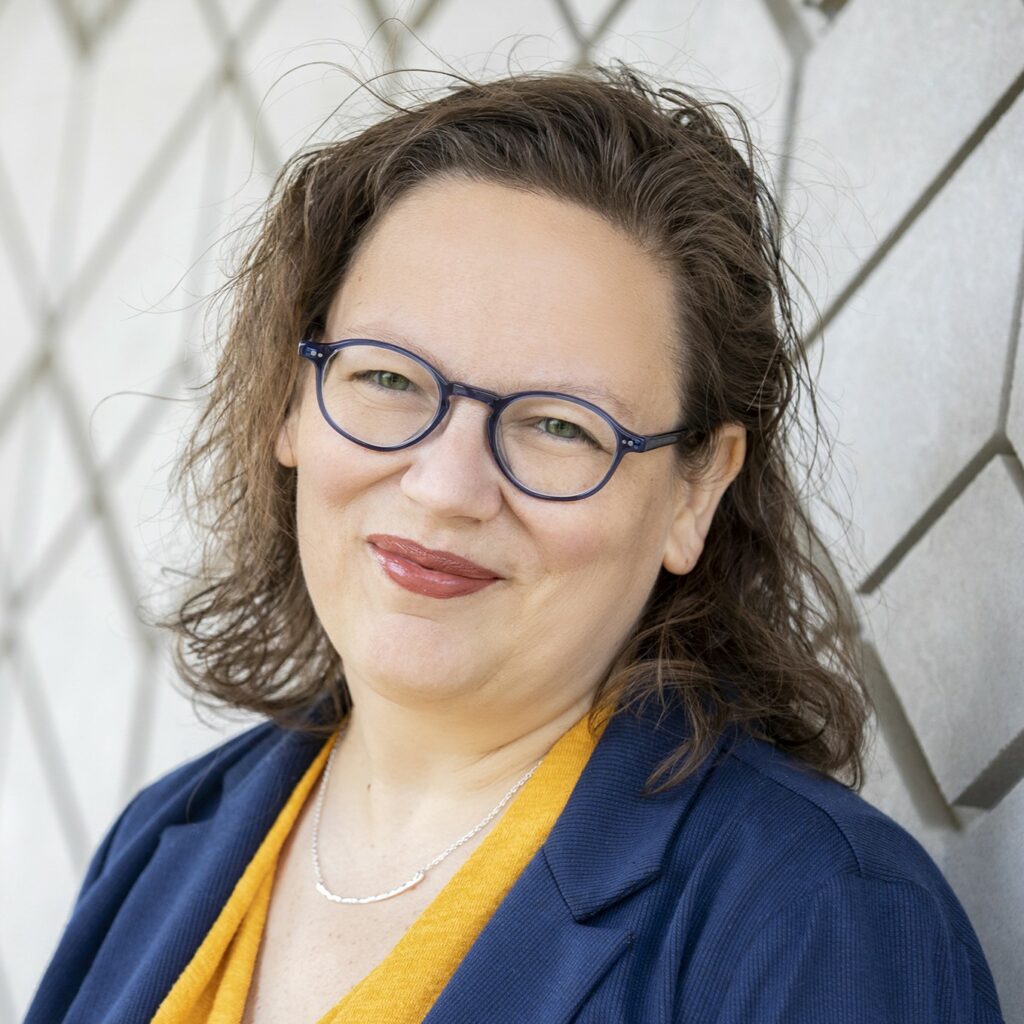
Prof Dr Michelle L. Oyen
Director, Center for Women’s Health Engineering
Assoc. Prof., Department of Biomedical Engineering and
Assoc. Prof., Department of Obstetrics and Gynecology
Washington University in St. Louis, USA
Lecture: The Virtual Pregnancy: Using Computational Models to Probe Human Reproduction
Preterm birth affects approximately ten percent of pregnancies and rates of maternal mortality in the US are rising. Computational investigations of pregnancy have great potential to explore fundamental aspects of reproductive physiology that are otherwise difficult or even impossible to investigate in humans. There are few-to-no good animal models of human pregnancy, and the reasonable ethical restrictions on experimentation with pregnant women limit clinical research. This talk will discuss how image-based computational modeling techniques can be used across length-scales to study different aspects of human pregnancy. Examples considered will include maternal-fetal oxygen transport in the placenta, and stresses in C-section scar defects at risk of rupture in subsequent pregnancies. With the recent worldwide attention given to poor maternal and fetal outcomes, fundamental bioengineering research into the mechanisms of preterm birth is timely and necessary. Computational models—including even full ‘digital twin’ models of pregnant persons—present a unique opportunity to advance an under-studied branch of medicine with significant financial and societal implications.
Michelle L. Oyen is the inaugural Director of the new Center for Women’s Health Engineering, based in the Department of Biomedical Engineering, Washington University in St. Louis. Prior to her current appointment, she was on the faculty at the University of Cambridge (2006–18) in the UK and then briefly at East Carolina University (2018–21). Michelle has degrees in Materials Science and Engineering (BS), Engineering Mechanics (MS), and a PhD in Biophysical Sciences. She has worked on many problems in tissue biomechanics and biomimetic materials. She has researched engineering approaches to pregnancy and women’s health for over twenty years, particularly in methods to prevent, diagnose, and intervene in preterm birth. Current research projects include multi-scale modeling of placenta function, microstructural fracture models for amniotic sac rupture, and physical properties of the healthy and pathological uterus.
She can be reached at oyen@wustl.edu.
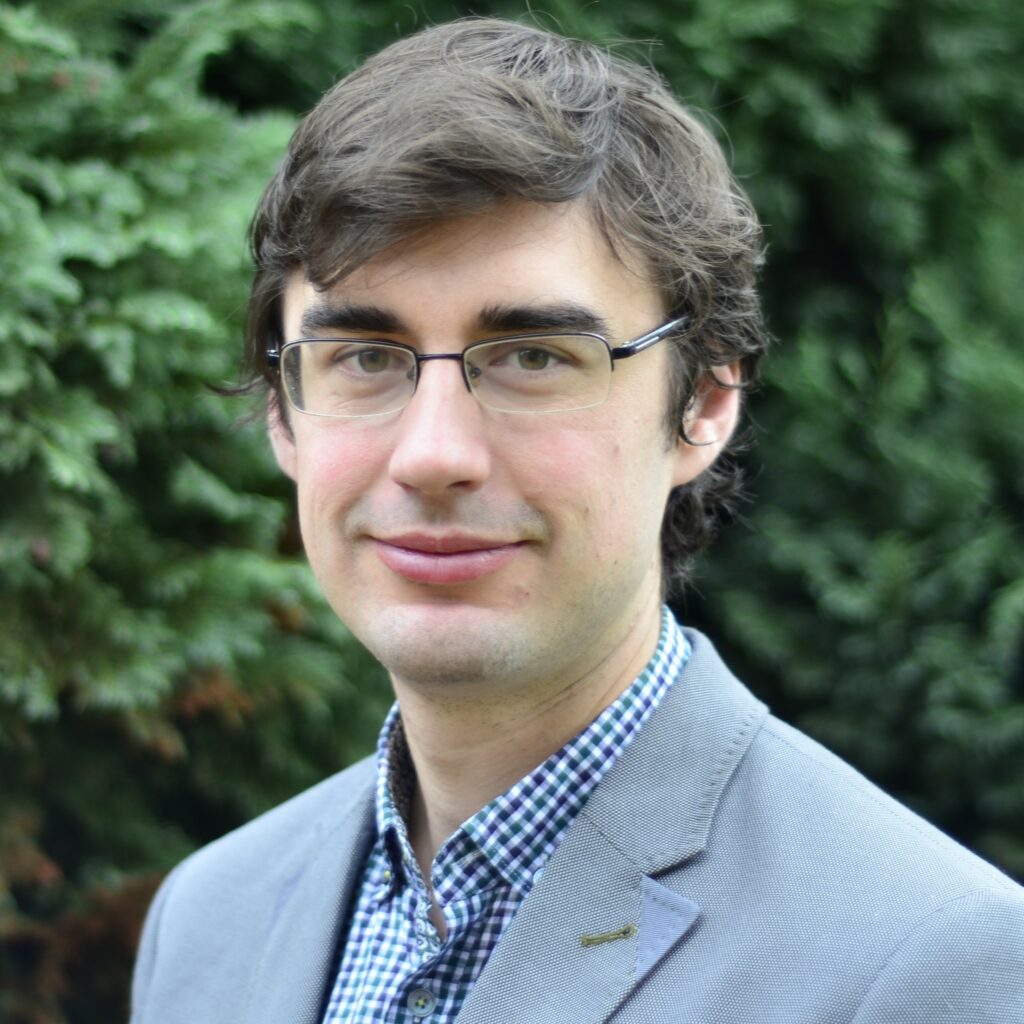
Prof Steven Niederer
Chair in Biomedical Engineering at Imperial College London
Co-Director of the Turing Research and Innovation Cluster in Digital twins at the Alan Turing Institute, UK
Lecture: Scaling Cardiac Digital Twins
Cardiac digital twins, constrained by physics and physiology, offer a transformative framework for integrating patient data, predicting outcomes, and shaping therapy strategies. Despite promising early examples, the scalability of this technology remains a significant challenge, necessitating a shift from artisanal, bespoke solutions to a streamlined, automated workflow.
Scaling cardiac digital twins to reduce the computational and labour costs in their creation, will open the door to characterizing and studying patient cohorts and whole population variation providing new insight into cardiovascular physiology and health. Reducing manual steps in model creation will improve precision, allowing effective studies with smaller numbers of patients. Finally, scaling cardiac digital twins is needed to bring them into routine clinical care. As these tools and twins become more widely available there will be growing opportunities to use these in device development, drug discovery, education and in improving patient care.
Professor Steven Niederer completed his Bachelor’s degree in Engineering Science from the University of Auckland, and went on to pursue his PhD in Computer Science at the University of Oxford, where he focused on the development of mathematical models of the cardiovascular system. Steven was Professor of Biomedical Engineering at King’s College London, before he took up a new position as Chair in Biomedical Engineering at Imperial College London and Co-Director of the Turing Research and Innovation Cluster in Digital twins at the Alan Turing Institute. His research continues to focus on developing innovative computational models, simulation methods and data science techniques to further our understanding of cardiovascular disease and to help medical professionals make better clinical decisions.
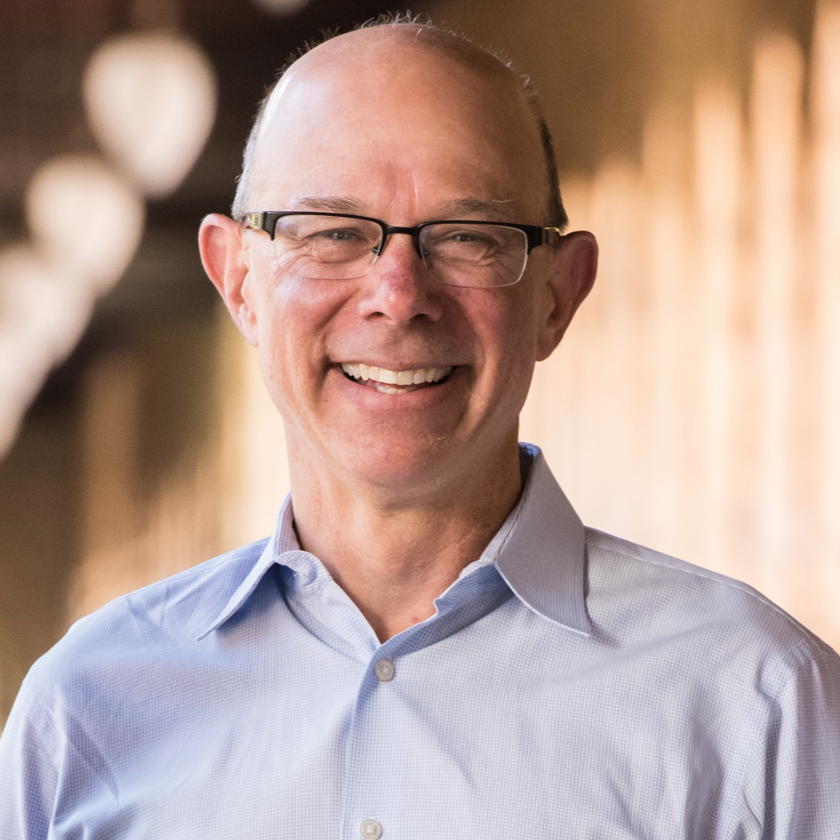
Prof Scott L. Delp
James H. Clark Professor
Departments of Bioengineering, Mechanical Engineering, and Orthopaedic Surgery
Stanford University, USA
Lecture: Advances in Computation for Understanding Human Movement Dynamics
Movement is essential for human health. Unfortunately, many conditions, including cerebral palsy, osteoarthritis, injuries, and stroke, limit the ability of many people to move, at a great cost to public health and personal well-being. The proliferation of devices monitoring human activity, including mobile phones and an ever-growing array of wearable sensors, is generating unprecedented quantities of data describing human movement. Movement data is also being collected daily by hundreds of clinical centers and research laboratories around the world. A focus of my laboratory is to overcome the data science challenges and advance the analysis of big data to improve human movement across the wide range of conditions that limit mobility. I will also share my views on how to best advance the field of computational biomechanics.
Scott Delp is the James H. Clark Professor of Bioengineering, Mechanical Engineering, and Orthopaedic Surgery at Stanford University. He is the Founding Chairman of the Department of Bioengineering at Stanford and Director of the Wu Tsai Human Performance Alliance, which aims to transform human health through the science of peak performance. Dr. Delp is also the Director of the RESTORE Center, a NIH national center focused on measuring real world rehabilitation outcomes and Director of the Mobilize Center, a NIH National Center of Excellence focused on Big Data and Digital Health. Scott’s laboratory develops technologies to advance movement science and human health. Software tools created in his lab, including OpenSim, OpenCap, AddBiomechanics, and Simtk.org, have become the basis of an international collaboration involving thousands of scientists. He has published over 300 research articles and has recently released a book from MIT Press entitled Biomechanics of Movement: The Science of Sports, Robotics, and Rehabilitation. Dr. Delp has co-founded six health technology companies and is a member of the U.S. National Academy of Engineering.
